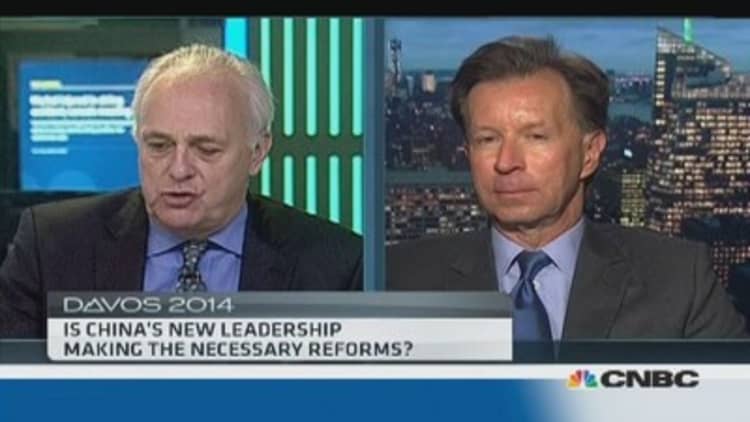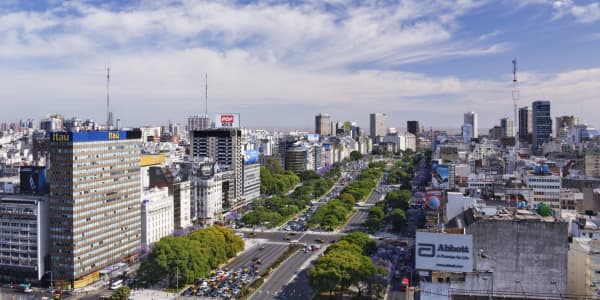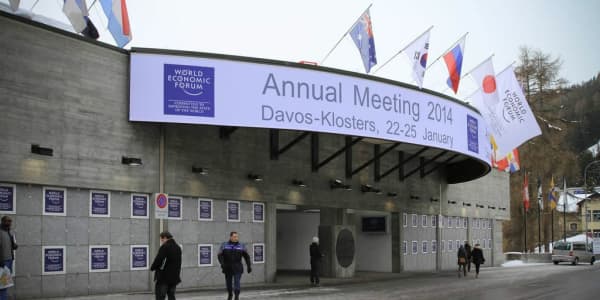Even the briefest scan of the list of delegates to this year's World Economic Forum shows one prominent group which is out in force this year: Chinese business people, economists and policymakers.
Representation from the world's second-largest economy after the U.S. had been proportionately thin on the ground at previous meetings -- often because it coincided with the Chinese New Year celebrations, which are usually in late January/early February.
This year, high-profile Chinese attendees include Gao Xiqing, chief investment officer of the China Investment Corporation. However, there are no attendees from the Politburo, the Communist Party of China's governing body. The evolution of China and its relationship with the global economy is also likely to be one of the key themes.
(Read more: Apple-China deal 'watershed moment': Tim Cook)
Japan, China's big rival in its region, has long been well-represented at Davos. Shinzo Abe, Prime Minister of Japan, is one of the event's keynote speakers, and his discussion of how Japan is trying to reverse its economic stagnation is expected to be one of the biggest themes of the conference.
"Historically, the Chinese have not played a prominent role," John Studzinski, senior managing director of The Blackstone Group and another Davos veteran, told CNBC.

"The presence of China at Davos has been negligible so far… the Chinese are not used to this type of networking convention."
In the past decade, as it has emerged as an economic powerhouse, China has been more focused on the Boao Forum for Asia, a Beijing-based rival to WEF. Davos has been viewed as a more Western-centric gathering, conducted mostly in English – although there is translation available.
There is also an annual event organized by WEF, known as the Annual Meeting of the New Champions, held in Tianjin, China in the summer.
"Until we can find a way to have the Chinese play a more active role, such as Mandarin-speaking panels, we are going to have problems with transparency," Studzinski said.
(Read more: China will never be a democracy: Futurist)
There are also concerns that China is not open enough about its economic issues, including slowing economic growth, to fully contribute to the forum.
"The problem with China is what we don't know," Lord Malloch-Brown, former Deputy Secretary-General of the United Nations, told CNBC.
- By CNBC's Catherine Boyle. Twitter:@cboylecnbc.





